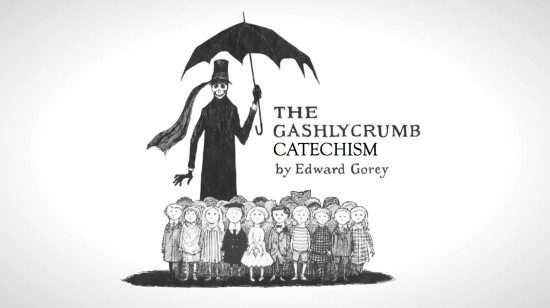http://www.youtube.com/watch?v=R50P3V3pcFw
A couple more stray thoughts in response to reading Tim Stafford’s Miracles for the Patheos Book Club.
1. The miraculous selection of Matthias
Since interest in the miraculous seems bound up with concern for evidence of direct divine intervention, I wonder why Acts 1:12-26 is usually not included as part of the discussion of biblical miracles. This is the story of Matthias’ selection as a disciple following the unpleasant departure of Judas.
So they proposed two, Joseph called Barsabbas, who was also known as Justus, and Matthias. Then they prayed and said, “Lord, you know everyone’s heart. Show us which one of these two you have chosen to take the place in this ministry and apostleship from which Judas turned aside to go to his own place.” And they cast lots for them, and the lot fell on Matthias; and he was added to the eleven apostles.
Casting lots basically amounts to flipping a coin. Heads it’s Matthias. Tails it’s Justus. Heads it is and Matthias becomes one of “the twelve.”
On the one hand, this hardly seems “miraculous” at all. Flip a coin and it’ll either come up heads or tails and either way it doesn’t seem extraordinary or awe-inspiring. “The lot fell on Matthias” isn’t a wonder, but the disciples clearly believed it was a sign. They believed the lot falling to Matthias was an act of divine intervention.
So should we include this in our lists of biblical “miracles”? Or should we have a separate category for this kind of non-wondrous sign?
I think the author of Acts would answer those questions by saying something like what Samuel L. Jackson said in Pulp Fiction: “Whether or not what we experienced was an According to Hoyle miracle is insignificant. What is significant is that I felt the touch of God. God got involved.”
2. Scientists love a good mystery.
In much Christian writing about miracles, there’s a presumption that scientists are reflexively hostile to the extraordinary and the unexplained. In general, scientists will view extraordinary claims with extreme suspicion unless those claims are supported by extraordinary evidence. But confronted with extraordinary evidence, scientists generally don’t respond with hostility — they get excited.
That excitement expresses itself as a vigorous skepticism as the new evidence is put to the test. Such skepticism isn’t due to hostility, it’s just how science works.
Ethan Siegel provides a real-world example — a personal testimony — of what it means for a scientist to encounter startling, extraordinary new evidence. Such an encounter, he says, is like walking outside one morning to discover fresh dinosaur tracks:
How do you make sense of this? I mean, it seems that there are two major possibilities. Either these footprints were left by a creature that is going to cause you to drastically change your worldview, or something — perhaps a roguish person, a coincidence of unlikely natural events, or a poorly understood phenomenon — is conspiring to make the land appear like it’s inhabited by a creature that, according to your present understanding, doesn’t and shouldn’t exist.
But which one is it? Has your conception of nature just been turned on its head, and are you going to have your foundations rattled, or is something deceiving you? In other words, you might find yourself asking the following question: Is what you’re seeing indicative of a fantastic, paradigm-shifting theory, or is there another, more mundane cause for the effect you observe?
… If you’re anything like me, your intuition in this situation will tell you that you need lots of hard, convincing evidence before you’re ready to change your worldview so drastically.
Coming into that situation, it’s probably fair to say that you didn’t expect you’d be believing in the highly improbable, but now you’ve got a mystery to solve.
The game is afoot! The mystery Siegel is discussing in that post involves dark energy — something that Siegel himself once rejected as “highly improbable.”
But it took three to four years of studying it intensely, becoming some type of expert in it (as much as one can be), and writing papers right on the cutting edge of the science to convince me. It’s the only scientific conclusion I’ve had in my life where I’ve had to reject it and take up the antithesis of my original position, based on new observations.
And now, today, I defend dark energy, because I understand why we need it. So don’t believe that dinosaurs exist just because you’ve found footprints. But when you’ve exhausted all other alternatives, and you’ve found lots more evidence for them, don’t cling too dearly to your old beliefs in spite of the new evidence.
Ethan Siegel was far more rigorously skeptical of the existence of dark energy than Tim Stafford is of the existence of miracles. That’s why Siegel’s case for dark energy is powerfully persuasive and it’s why Stafford’s case for miracles isn’t.












